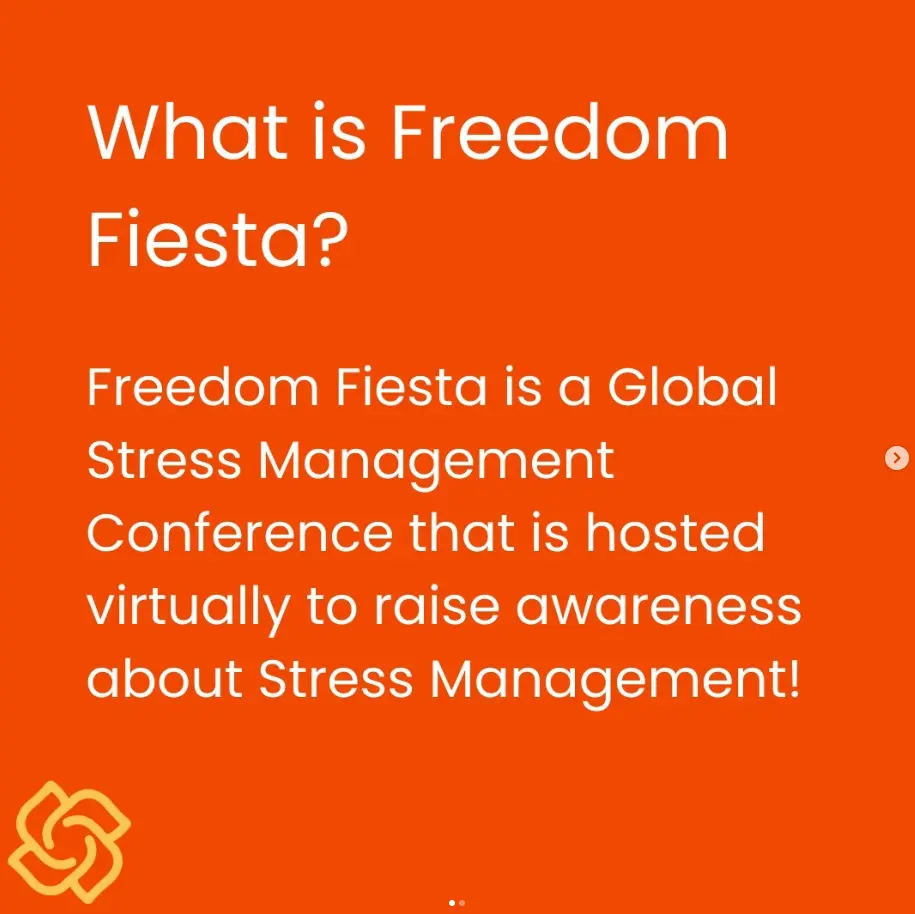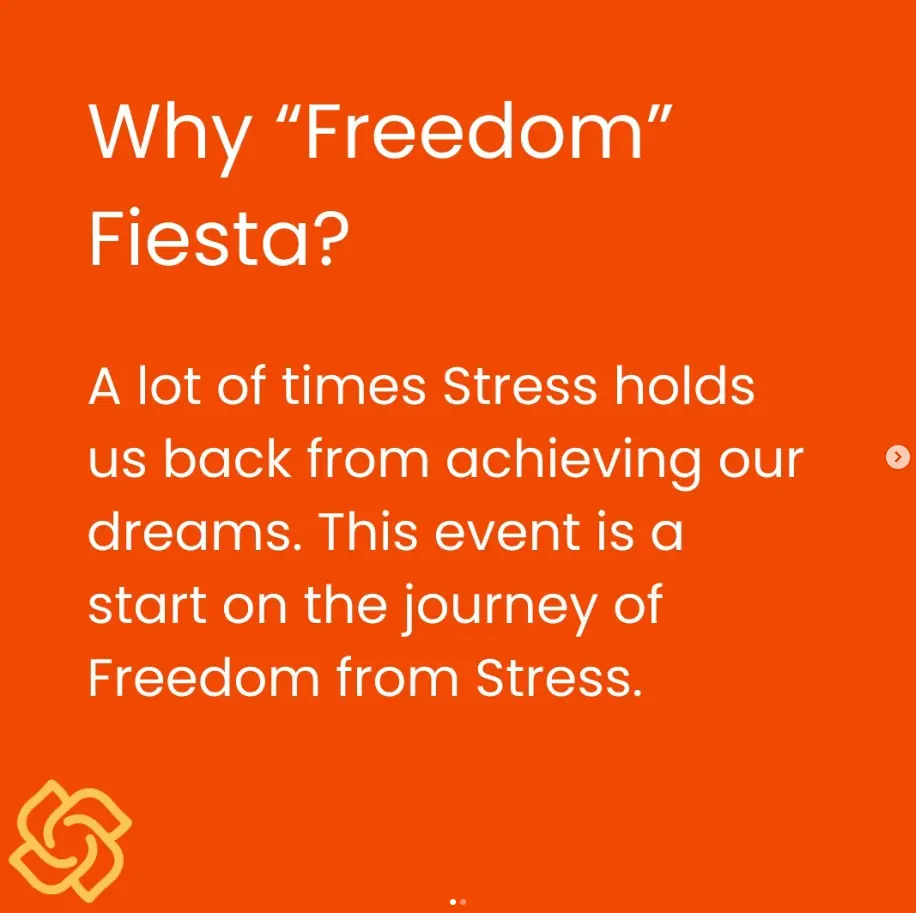Understanding Stress: The Physiology, Management, and Avoidance of Burnout
- Madhurima Sappatti

- Mar 18, 2024
- 6 min read
In the hustle and bustle of modern life, stress is an ever-present companion. It's a physiological response deeply ingrained in our survival mechanisms, designed to protect us from harm, both real and perceived.
Yet, despite its evolutionary importance, unchecked stress can lead to burnout. In this article, we'll delve into the intricacies of stress, its management, and the crucial need to prevent burnout.

Understanding Stress
Stress is a physiological (full-body) response to a real or perceived threat. What this means is if you think that something could potentially harm you (whether the threat is real or not - like irrational fears), your body goes into the survival mode - Fight/Flight/Freeze response.
The Physiology of Stress: Fight, Flight, Freeze
Fight Response
The Fight response is characterized by an instinctual readiness to confront and combat threats. When faced with a stressor, our bodies release hormones like adrenaline and cortisol, preparing us for action. This response is particularly evident in situations where we perceive a direct challenge or obstacle to our well-being.
For example, someone randomly walks into an empty room and you are unaware until you suddenly notice them and almost get into a stance of fighting them, or punching someone if they surprise you. (Bit of an extreme example, but you get the idea)
Flight Response
The Flight response is characterized by a strong urge to flee from danger. It involves a rapid activation of the sympathetic nervous system, prompting physiological changes to facilitate escape. This response is particularly evident in situations where the threat outweighs the possibility of a successful confrontation.
For example, if you notice a lion or any other wild animal walking towards you, you will run to safety. Or if a car suddenly speeds by you when you are crossing the road, you will leap and walk away from the danger to safety.
Freeze Response
The Freeze response is characterized by a state of immobilization or "playing dead" in the face of overwhelming danger. It involves a temporary shutdown of non-essential bodily functions, allowing the individual to conserve energy and avoid detection by predators. This response is particularly evident in situations where escape or confrontation seems futile.
For example, remember your childhood stories of - if you see a bear, play dead? It will ignore you. You can also think of the "deer in headlights" scenario, where you essentially freeze.
In summary, the Fight/Flight/Freeze response is a fundamental aspect of our physiological and psychological makeup, designed to help us respond to threats and ensure our survival.
By understanding these instinctual reactions and their manifestations in different scenarios, we can better navigate stressful situations and cultivate resilience in the face of adversity.
These primal reactions served our ancestors well in life-threatening situations, but in today's complex world, the dangers we face are often more subtle and persistent.
Bodily Changes During Stress
In addition to the Fight/Flight/Freeze responses, stress triggers a cascade of physiological changes in the body. Some examples can look like the following - When under stress, the heart rate increases, pumping blood more rapidly to deliver oxygen and nutrients to vital organs. Breathing becomes shallow and rapid, supplying the body with additional oxygen to fuel heightened activity.
Simultaneously, the body releases stress hormones like adrenaline and cortisol, which elevate blood pressure, sharpen focus, and increase energy levels. However, prolonged exposure to these hormones can have detrimental effects on long-term health, contributing to conditions like hypertension, hyperalert, insomnia, and cardiovascular disease.
Moreover, the digestive system is temporarily put on hold during periods of stress, as the body redirects resources away from non-essential functions like digestion to prioritize immediate survival needs. This can result in symptoms like stomach cramps, nausea, or changes in appetite.
In modern society, stressors come in various forms—work deadlines, financial pressures, relationship conflicts, and societal expectations, to name a few. While our bodies are adept at responding to acute stress, chronic exposure to these stressors can take a toll on our health and well-being.
The Need for Stress Management
So we now know how your body helps us survive by going into the stress response. The good thing is that our body actively helps us deactivate the stress response after the danger has passed.
So we naturally have the processes set in that help us both get into the stress response and get out of the stress response.
Which begs the question, why do we need to manage our stress then? Our body can do it for us, right?
Definitely, but remember that this system works well if we have only momentary moments of stress that disappear after a while… like a lion attacks us but we kill the lion. Now everything is good and the tribe is safe.
However, in today's day and age, we are constantly overwhelmed with multiple stressors taking over our lives. In a scenario like this, where our mind constantly feels like there is no end to the dangers we are feeling around us, we are constantly stressed. Aka, our body can't really destress completely or perfectly.
In a scenario like this, we need to practice regular techniques to manage our stress better and essentially help our body along. Why?
Because if we don't, we open up the space for Burnout.
Understanding Burnout: Signs and Symptoms
Burnout is a syndrome that occurs when stress hasn't been managed properly over a long duration of time. It manifests as extreme fatigue, a sense of detachment from oneself and others, and a pervasive negativity towards work and life. It's often the body's final plea for respite—a signal that our coping mechanisms have been stretched to their limits.
The signs of burnout can manifest gradually, making it easy to dismiss or ignore until it reaches a critical point. However, by recognizing the early warning signs—such as chronic fatigue, irritability, and a loss of enthusiasm for work or hobbies—we can intervene before burnout escalates.
Preventing Burnout Through Stress Management
Preventing burnout requires proactive stress management. It begins with cultivating awareness of our stressors—identifying the triggers that set off our Fight/Flight/Freeze response.
Once aware, we can employ various techniques to mitigate stress and promote relaxation. From mindfulness practices to physical exercise, there's a multitude of strategies to help us navigate the tumultuous waters of modern life.
In addition to individual coping strategies, fostering a supportive work environment and cultivating healthy lifestyle habits can also play a significant role in preventing burnout. By prioritizing self-care and setting boundaries, we can create a buffer against the relentless demands of modern life.
Empowering Through Education: The Freedom Fiesta Conference
One such avenue for building your stress management toolkit is the Freedom Fiesta event —a global virtual conference dedicated to empowering individuals with tools and techniques to combat stress.
Featuring insights from 25 experts, the Freedom Fiesta promises to be a transformative journey toward stress relief and well-being. Happening on the 17th and 18th of May, we invite you to grab your free passes for the event here or by clicking the button below.
Conclusion: Navigating Stress with Resilience
In conclusion, stress is an inherent aspect of the human experience—a survival mechanism finely tuned by evolution. However, in today's fast-paced world, chronic stress has become a prevalent threat, leading to burnout and its debilitating effects.
By prioritizing stress management and adopting proactive measures to safeguard our well-being, we can navigate life's challenges with resilience and grace.
Let us embark on this journey together, armed with knowledge, awareness, and a commitment to self-care.
----------
Help us fight for a stress-free world, along with all other pressing issues of our world by contributing however you can. You can write for us, share our articles, advise, volunteer, donate, etc.
We use this help to provide awareness, training, and education to youth from underserved communities (though our material is available for all) to help them become better leaders of tomorrow.
Share your thoughts on this issue in the comments section below. Reach out to us at info@iyops.com for collaborations.
Thank you and take care!
----------
Madhurima Sappatti is a Global Stress Management Facilitator who loves to support multi-passionate and ambitious dreamers manage their stress and prevent burnout so that they can follow their dreams without their own selves holding them back.
She is on a mission to make Stress Management Fun so that people can regularly practice stress management techniques that are made for them!
Edits by Aswin Raghav.







Comments